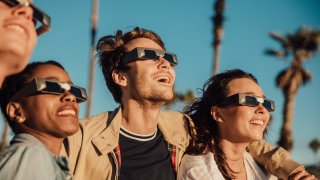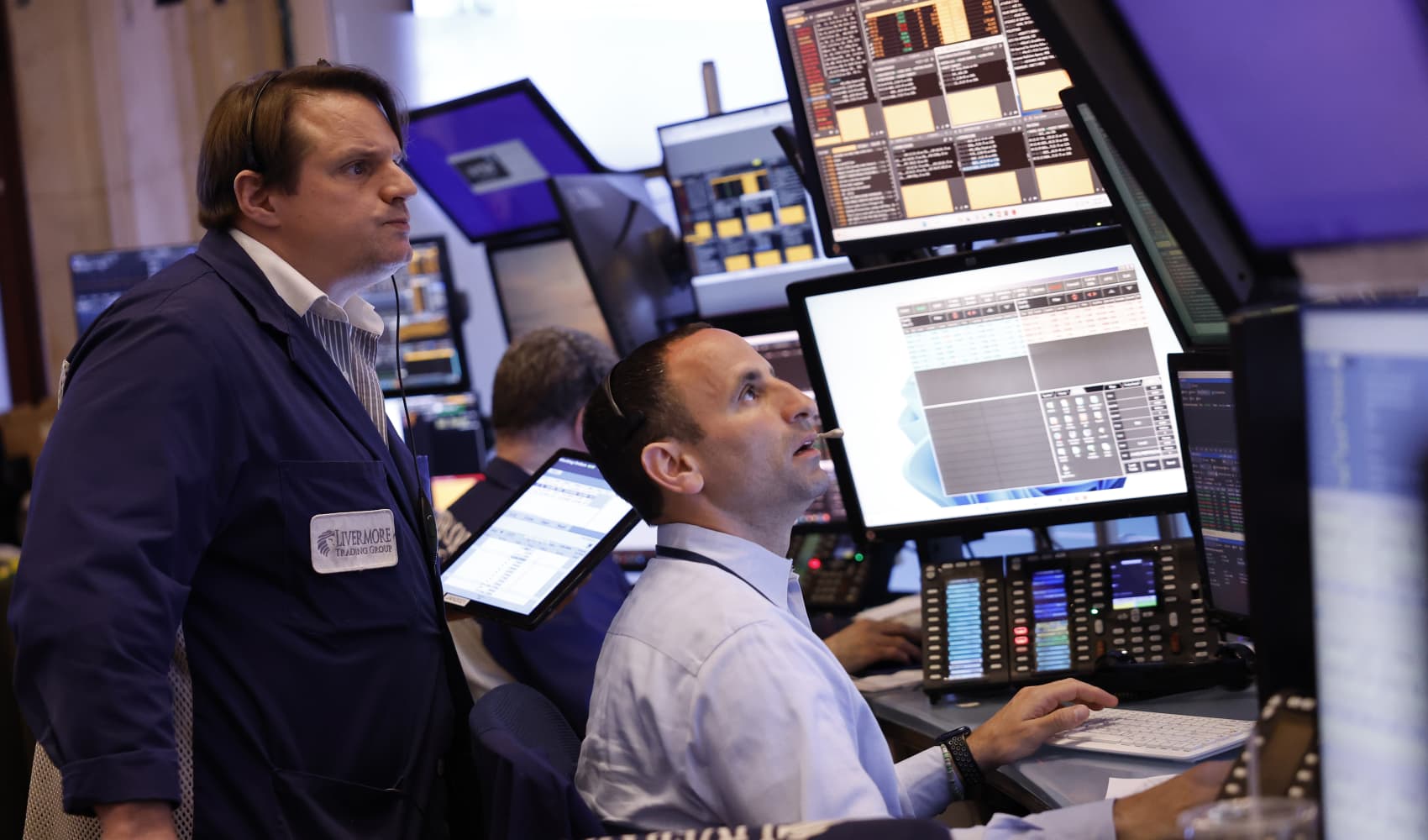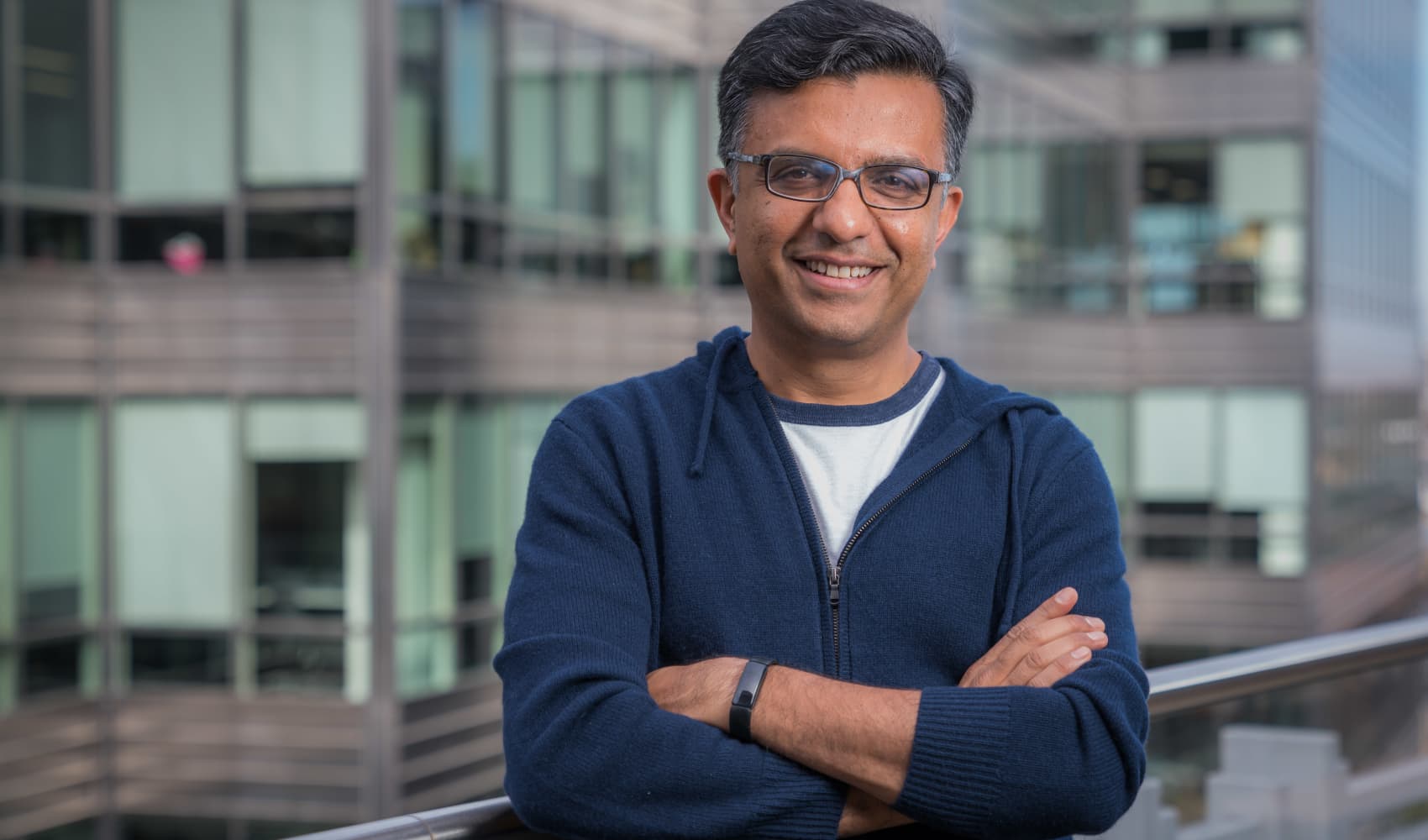
On April 8, there will be a total solar eclipse visible in several parts of the U.S. including Texas, Ohio and New York. The last total solar eclipse was in 2017.
Depending on weather conditions, the eclipse will appear visible in Mexico at 11:07 a.m. PDT and end in Newfoundland, Canada at 5:16 p.m. NDT, according to NASA.
You may have been told that you shouldn't look directly at a solar eclipse and laughed it off, but what this eye doctor has to say will probably change your mind.
DON'T MISS: Quiz: How’s your sleep? See if you have more knowledge and better habits than most people
Get New England news, weather forecasts and entertainment stories to your inbox. Sign up for NECN newsletters.
"The worst thing we can do is to ever look directly at the eclipse," says Ronald Benner, an optometrist and president of the American Optometric Association. "Even a split second."
"Looking at [an] eclipse, the amount of solar radiation that comes off can actually burn the inside of the eyeball. Kind of like a sunburn, but not really a sunburn," Benner says. "This actually affects the neuro-tissue in the back of the eye which is brain tissue."
But unlike a sunburn, "once that tissue has been damaged, it may or may never recover," he adds.
Money Report
A total solar eclipse is different than all other solar eclipses because "when the moon completely blocks the visible surface of the sun during a total solar eclipse, viewers can remove their eclipse glasses," according to NASA. However, totality usually lasts between 3.5 to 4 minutes, NASA reports, so you should immediately put your glasses back on after that brief moment.
You risk permanent damage by looking at a solar eclipse without eye protection
The proper term for "eclipse blindness" is solar retinopathy, and it can potentially weaken your eyesight.
According to AOA, symptoms people can experience after viewing a solar eclipse without proper protection include:
- Loss of central vision
- Altered color vision
- Distorted vision
The damages of "eclipse blindness" don't always present right away, Benner adds.
"Solar retinopathy effects sometimes don't show up for four to six to 10 hours after the burns have already happened," he says. "Then it continually gets worse and worse over the next few days. From that point, it may recover. It may recover in six days, it may recover in six months [or] it may never recover."
So how can you get a glimpse of this unique experience while also protecting your eyes? "Make sure that you have eye protection on," says Benner.
How to view the solar eclipse safely
Wearing eye protection to view the solar eclipse is the safest precaution you can take to view it, but having the right kind matters.
"Sunglasses, unfiltered telescopes, and polarizing filters are not safe to use to view an eclipse," according to AOA.
Even the darkest shade of sunglasses won't protect you if they don't meet certain requirements, Benner adds. The glasses or viewers, including telescopes, that you use to watch the solar eclipse should meet the International Organization for Standardization, or ISO, of 12312-2, according to the American Astronomical Society.
You can also opt for watching the solar eclipse through videos or by viewing images of it on social media or TV if that's the safest way you can do it, Benner recommends.
Remember to be mindful of your children viewing the solar eclipse as well, he adds. Consider placing a sticky note somewhere that you'll pass by often, to remind yourself about when the eclipse will be taking place in your area.
"In my practice, I've had a few people over the years who've had [solar retinopathy] and they will tell you, 'Yeah, I looked at the eclipse,' and their eye has never been the same. And there is no way to recover vision once that damage has been done," says Benner.
For this solar eclipse, Benner encourages you to "enjoy it, but make sure you enjoy it with the proper eye protection on."
DON'T MISS: Want to be smarter and more successful with your money, work & life? Sign up for our new newsletter!
Want to earn more and land your dream job? Join the free CNBC Make It: Your Money virtual event on Oct. 17 at 1 p.m. ET to learn how to level up your interview and negotiating skills, build your ideal career, boost your income and grow your wealth. Register for free today.
- Taurine is the latest anti-aging supplement touting promising results: Here’s what scientists say
- Try this 3-step meditation to fall asleep in less than 10 minutes






